January 14, 2025 | 01:39 GMT +7
January 14, 2025 | 01:39 GMT +7
Hotline: 0913.378.918
January 14, 2025 | 01:39 GMT +7
Hotline: 0913.378.918
With feed costs being a major expense for poultry farmers, the price difference between feed barley at £148 per tonne and laying hen feed at £310 per tonne has sparked interest in finding more economical alternatives. One potential solution is the use of sprouted barley as a nutritional supplement for laying hens.
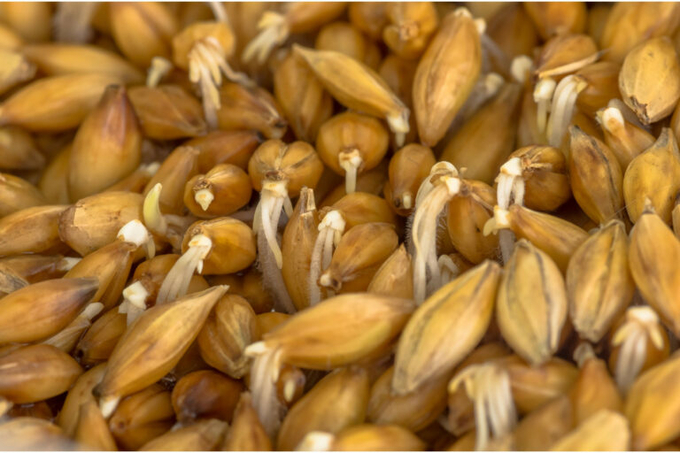
Sprouted barley refers to barley grains that have been germinated by soaking them in water and allowing them to begin the sprouting process. Photo: Canva.
To explore this idea, researchers at SRUC’s Allermuir Avian Innovation and Skills Centre, funded by the Scottish government, conducted a study to investigate whether supplementing free-range laying hen feed with sprouted barley could help reduce feed costs. The aim was to determine whether these savings could be achieved without affecting egg production or hen health.
Germinated barley
Sprouted barley refers to barley grains that have been germinated by soaking them in water and allowing them to begin the sprouting process in a controlled environment. The hydroponic process involves growing the barley without soil and under bright lights for 7-8 days until a thick root mat has formed (see Figure).
This method has been shown to provide nutritional benefits over unsprouted barley. The resulting sprouted barley contained 5.7% crude protein, 2.9% crude fibre, and 51% dry matter.
The study involved feeding different amounts of sprouted barley to pens of 5 mature hens over a 42-day period. Each pen was assigned daily sprouted barley intakes of 0g, 15g, 30g, or 45g per hen, with 6 replicates per treatment. Daily data was collected on feed intake, sprouted barley consumption, and egg production, while hen body weight and egg quality were measured at days 0, 21, and 42 of the study.
The more the hens ate the less they required
Key findings from the study revealed that the body weights of the hens remained stable throughout, regardless of the amount of sprouted barley consumed.
Researchers also noted that the more sprouted barley the hens ate, the less feed they required, particularly in the latter half of the study.
Eggs
While egg weights were unaffected by the sprouted barley intake (averaging between 60.8g to 61.5g), the rate of egg laying decreased by 1.4%, 4.7%, and 5.1% as sprouted barley consumption increased from 0g to 15g, 30g and 45g /hen/day, respectively, compared to the unsupplemented control group. These declines were more prominent during the latter half of the study (days 21 to 42).
Additionally, SRUC researchers noted a slight reduction in eggshell strength, but shell strength remained within acceptable commercial standards, with only 0.3% of eggs exhibiting cracks.
Although the study highlighted potential cost savings from reduced feed use, the decline in egg production at higher sprouted barley intakes raises concerns. Researchers concluded that while sprouted barley could alleviate feed costs, the balance between feed savings and egg production needs to be carefully considered to ensure it does not offset the financial benefits by farmers. Further exploration into the optimal balance between sprouted barley supplementation and egg production is required before this practice can be widely adopted.
(Poultryworld)
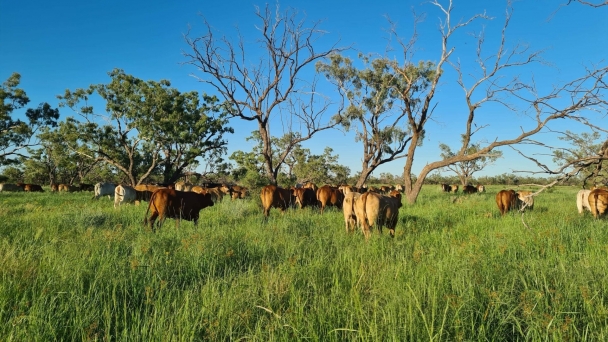
(VAN) Regenerative agriculture saw some major developments in 2024, particularly around finance, getting more involvement from agrifood corporates, and aiding in the growth of smallholder operations.
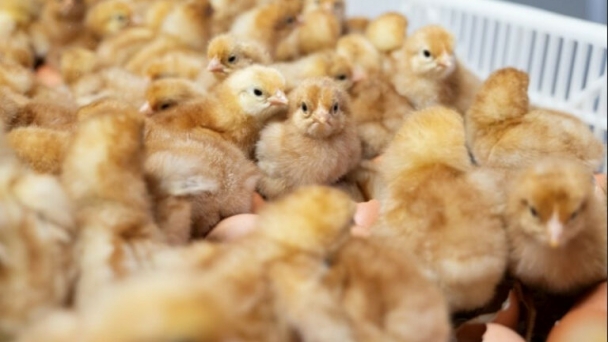
(VAN) The first US chicks from eggs that were sexed using in-ovo Cheggy technology have now been hatched, paving the way for eggs from in-ovo sexed hens to be sold to US consumers starting mid-2025.

(VAN)A team at the University of Calgary is making scientific advances in understanding plant adaptation, which could ultimately be used to find ways to make agricultural crops more resilient to heat, drought and climate change.
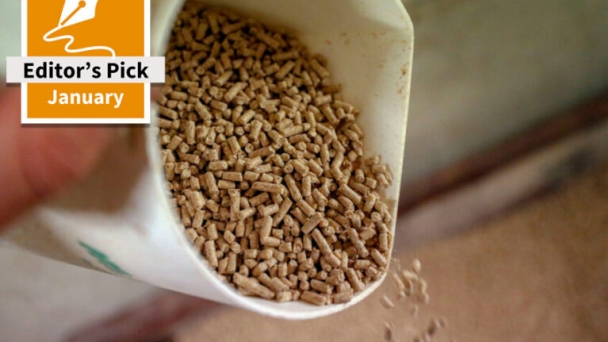
(VAN) Recent research has demonstrated the beneficial impacts of yeast and yeast-based products in providing essential nutrients, increasing feed palatability, and improving growth performance and feed utilisation.
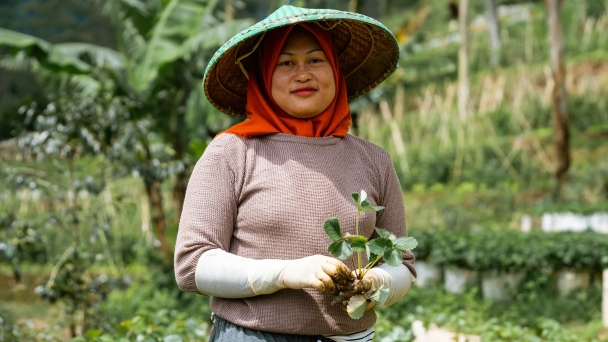
(VAN) With FAO’s support, 22 countries access financing to address biodiversity loss, land degradation, climate change, and pollution.
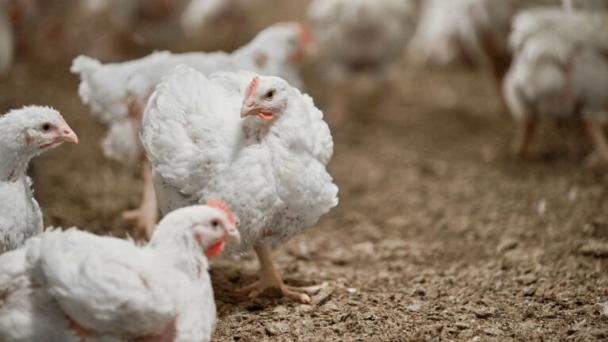
(VAN) Mineral matrix values for phytase have long been used to optimise feed, yet energy and amino acid matrices are largely ignored.

(VAN) On December 24, Deputy Prime Minister Tran Hong Ha signed Decision No. 1639/QĐ-TTg approving the project on the development of biotechnology in the field of environmental protection.